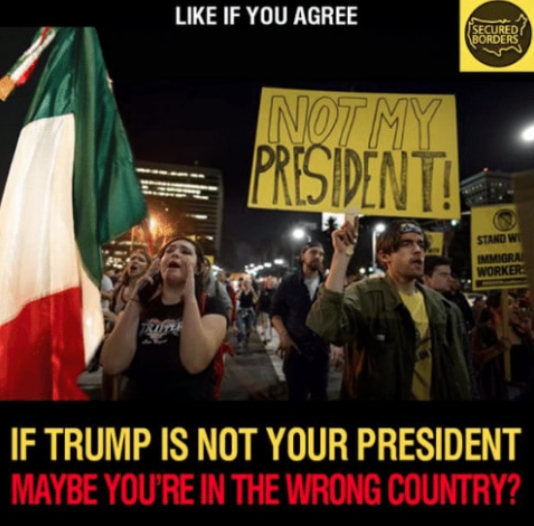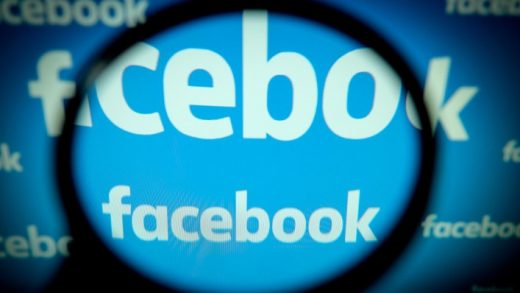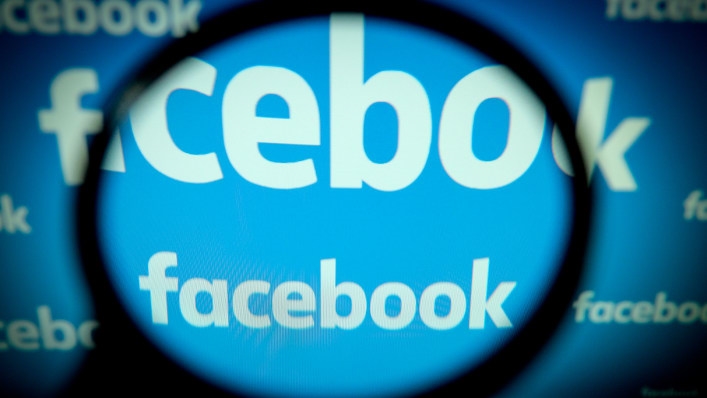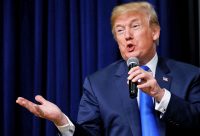Actually, Facebook Says, Russian Memes Reached 126 Million People
Facebook, which is testifying before Congress this week alongside Twitter and Google about Russia’s use of its platform to influence Americans before and after last year’s elections, is expected to tell legislators that the content reached as many as 126 million users’ news feeds, far more than the company had previously disclosed.
That’s according to the Washington Post, which on Monday reported that Mark Zuckerberg’s company plans on explaining to Congress that the number of users who may have seen free “organic” posts published by 470 Russian-linked Facebook pages between January 2015 and August 2017 vastly exceeds the initial estimates it provided about the group’s ads. In total, the company says, the pages sent out roughly 80,000 posts on the platform.
In September, Facebook said only that the Russian group had spent $100,000 on about 3,000 sponsored posts that were seen by 10 million people. On Tuesday, Facebook will also update that number to 11.4 million.
The trolls, linked with the St. Petersburg-based Internet Research Agency, utilized Facebook’s platforms to spread thousands of posts, some with highly incendiary messages, in “an insidious attempt to drive people apart,” according to the prepared remarks by Colin Stretch, the general counsel for Facebook. The posts, which touched on race, religion, gun rights, and gay and transgender issues, were “deeply disturbing,” he wrote.
The propaganda effort was even more active on Instagram, the photo-sharing app Facebook bought in 2012. In its testimony, Facebook says it found and deleted more than 170 Instagram accounts that had posted about 120,000 pieces of content, though it didn’t say how many Instagram users had seen them. The company did not initially acknowledge the Instagram posts until earlier this month, following an inquiry by Fast Company.

Separately, Google on Monday described for the first time how its platforms were compromised by Russian trolls, saying in a blog post that in addition to search and Gmail ads, Russia-linked accounts uploaded over a thousand videos to YouTube on 18 different channels. And Twitter will reportedly tell Congress that it found more than 2,700 accounts tied to Russia, far more than the 200 accounts it initially disclosed to lawmakers.
Even as they have scrambled to show they are serious about combating misinformation, the three social media giants have been accused of being less than transparent about political mischief on their platforms. For instance, earlier this month, after researcher Jonathan Albright found that the Russian posts had generated far more interactions than Facebook had acknowledged, the company scrubbed the data he had used, further obscuring a trail of evidence about the propaganda campaign.
The companies are expected to share more details with lawmakers this week. On Tuesday, a Congressional committee led by Republican Sen. Lindsay Graham will hear from Colin Stretch, Facebook’s general counsel, Richard Salgado, the director of law enforcement and information security at Google, and Sean Edgett, the acting general counsel of Twitter. On Wednesday, Facebook’s Stretch, Twitter’s Edgett, and Kent Walker, the general counsel of Google, will sit for two hearings before the House and Senate Intelligence Committees.
Amid the scrutiny—and the prospect of regulatory action that could harm their businesses—the companies have also ramped up their D.C. lobbying efforts. But experts have told Fast Company that the likelihood of regulation is minimal at best, given, among other factors, politicians’ unwillingness to limit their own ability to leverage social media platforms.
Fast Company , Read Full Story
(38)














